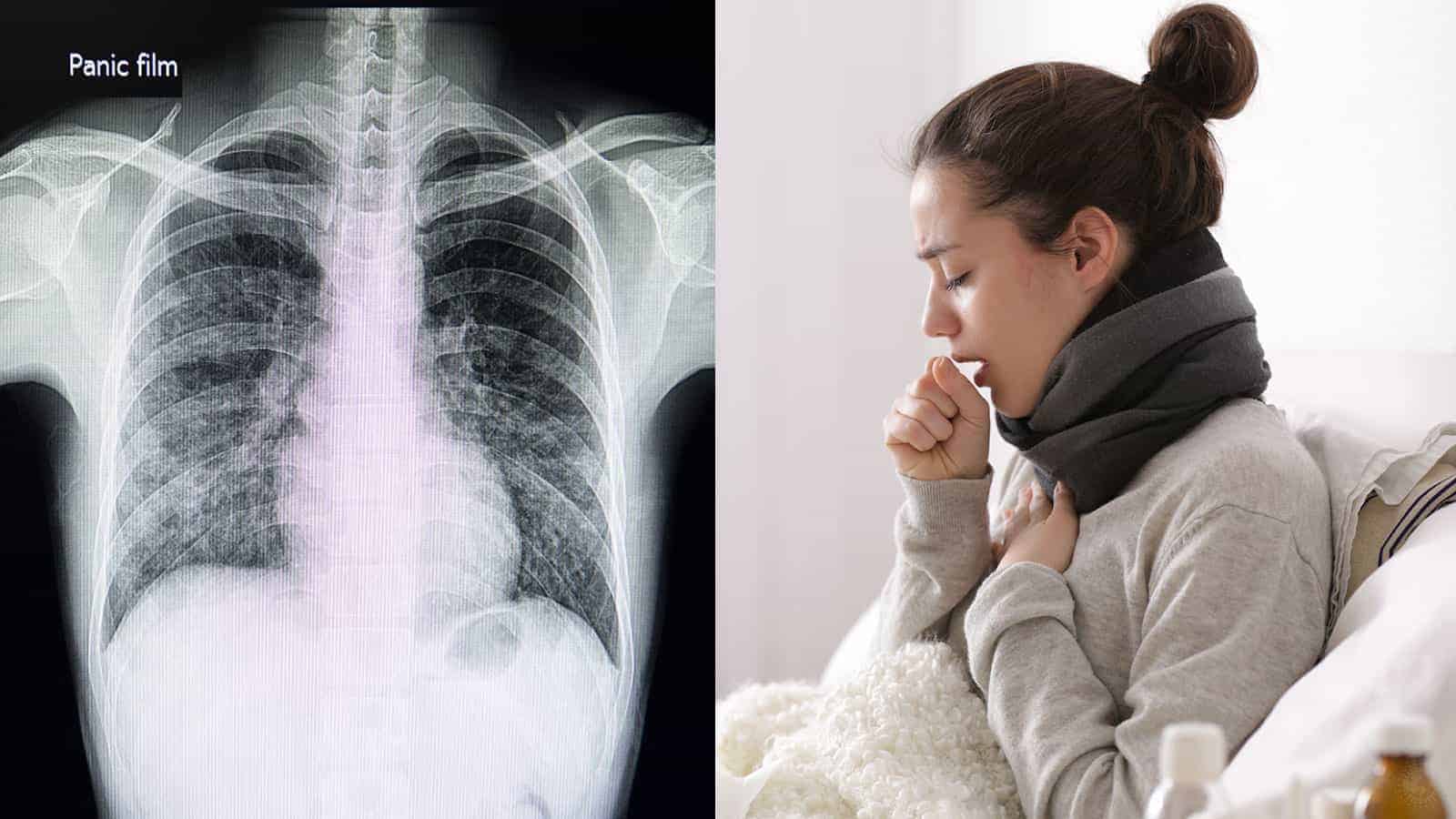Remember some of the classic commercials on tv for over-the-counter cold and sinus medications? In one, the cartoon lady had a leaky faucet in place of her nose, and she stated, “Drip, Drip, Drip,” wearily with every drop. Although it’s a whimsical advertisement, nothing could illustrate the aggravation of post nasal drip better.
When your nose and sinuses are stopped up, the painful pressure can make you miserable. The sickness is often exacerbated when the excess mucus overflows and constantly drips from your nose and down your throat. You get a sore and inflamed nose from wiping with so many tissues, but your throat becomes raw and painful from the drainage.
What Causes Post Nasal Drip?
What can be more disturbing than that familiar tickling sensation in your throat that makes you cough, and you know that sickness may be brewing. Post nasal drip is a common symptom of colds, viral infections, sinus infections, and allergies. Your nose starts dripping with excess mucus, which creates problems of its own.
Yes, mucus is disgusting, and it drives you crazy when it’s clogging your nose and impeding your breathing. However, it is a vital source of lubrication and protection for your entire respiratory system. Specialized cells in the lining of your sinuses, air passageways, and lungs secrete thin layers of mucus that keep them moist and trap irritants and harmful microbes.
As your respiratory system’s first line of defense, mucus thickens around the trapped irritants like dust, dander, pollen, and bacteria. It can be expelled by blowing your nose or through your digestive system. Tiny hair called cilia act like miniature brooms and keep your lungs free of excess mucus and particles. Infections and allergies can temporarily paralyze your cilia, causing the mucus to back up in your bronchial tubes and sinuses.
Your initial reaction is that tell-tale tickle in your throat, which leads to a nagging cough, sore throat, and a runny nose. Typically, these classic symptoms only last the duration of the illness, and the dripping stops. How do you tolerate the steady post nasal drip while you are recovering?
Treatments for a Running Nose
In some cases, primary healthcare providers recommend over-the-counter medications to remedy your symptoms. More severe cases may call for antibiotics or other prescription drugs. If you want some natural relief for your post nasal drip, try these ten home remedies.
1. Try a Neti Pot
The neti pot is an ingenious invention that uses a warm saline solution to clear excess mucus from your sinuses and throat. The word neti comes from the Sanskrit word for nose cleaning and maybe one of the earliest nasal cleansing techniques recorded in ancient Ayurvedic history. Other early cultures around the world developed similar ways to clear their stuffy noses.
You can find these pots inexpensively in most pharmacies and online. Use it, simply fill the pot with warm, sterile saline solution, snuff it up one nostril, and lean your head so it will run out the opposite nostril. The heated saltwater will soothe irritated nasal passages, but it can also reduce swelling and allow excess mucus to drain correctly.
If you want to save a little money, you can easily make a solution at home. Here’s what you need:
- One teaspoon fine sea salt
- 1/3 teaspoon baking soda
- One cup of warm purified water (not hot)
In a small bowl, mix salt, baking soda, and water until dry ingredients are completely dissolved. Pour it into your nasal cleansing pot and use it as directed. If you don’t have one of these, you can substitute by using a sizeable sterile syringe.
2. Avoid Dairy Products
Of course, you may crave a cold glass of milk or a comforting cup of ice-cream when your throat is raw from a runny nose and coughing. However, certain natural chemicals in milk and dairy products can encourage mucus production and make it thicker, which is not what you need when it’s a problem anyway.
If you want something refreshing and soothing for your throat, try chilled fruit juices or popsicles. You may also try non-dairy ice cream if you wish for that creamy taste and sensation. Consider almond or rice milk on your cereal or in your coffee until you have recovered.
3. Avoid Eating Spicy Foods
Are you a fan of all cuisines hot and spicy? The minute you bite into a fiery pepper or taste those piquant spices, your eyes, and nose water, and you feel like a fire-breathing dragon. While you are having a snack of your favorite spicy foods, they boost your mucus production, because your body thinks it’s being attacked by the spicy heat.
Do yourself a favor and avoid eating spicy and hot foods while you have post nasal drip and other symptoms. If you crave a little zesty flavor without the infernal heat, try milder spices and sweet peppers. You can enjoy the flaming foods and spices you love soon.
4. Use a Humidifier
Did you know that cold, dry air can make your body more prone to colds, flu, and other respiratory infections? Constant coughing and steady post nasal drip can irritate your nose and throat, making them feel parched and sore.
When you sleep, consider using a humidifier in your room. The gentle steam will help loosen your clogged airways so you can breathe better. It will also soothe the dryness in your sinuses and throat. For an extra boost, add a few drops of pure menthol or eucalyptus oil.
5. Try Essential Oils
Aromatherapy is an ideal way to remedy your post nasal drip problem. Essential oils like lavender, rosemary, and lemon are naturally antiseptic, antibacterial, and antifungal. Use them with carrier oils to rub externally on your throat and under your nose.
You can also put your oils in a diffuser and still enjoy their benefits. Consider using a small roll-on tube to rub on your skin as needed. Add these aromatic oils to sachets or simmering potpourri to open your sinuses and make your house smell heavenly.
6. Drink Water
How many times have you read that everyone needs to drink at least 6-8 glasses of water today? Yet, you find disturbing studies that say at least 75 percent of Americans are dehydrated. When you are sick and have a runny nose, you are losing fluids in your body, and you need to replenish them with plenty of cool water.
Fill up a container of cold water and keep it close to you during the day. Sip on it when you feel thirsty or have that nagging tickle in your throat that makes you cough. Aim to get at least 48 ounces of water a day, or more according to your weight.
7. Use Non-medicated Saline Nasal Spray
Maybe you avoid medicated nasal sprays because you’ve studied about the rebound effect, which means they can often make your post-nasal drip and sinus conditions worse, and you can become addicted to the spray. You needn’t worry if you use a non-medicated saline nasal spray. The sterile saline solution can thin built-up mucus and soothe your irritated nose.
8. Get Some Exercise
It stands to reason that your respiratory tract can build up more mucus if your body is resting. As much as you feel like it, try to get some moderate exercise while recovering from colds or other ailments. The gentle movement will energize your body and get your sluggish cilia to work on that excess mucus.
9. Bundle Up in Cold Weather
Here’s another example where your parents’ wisdom comes in handy. Remember how they told you to bundle up when the temperature is chilly outside? Although it’s a common misperception, cold air can’t give you colds or other illnesses, but it can weaken your immune system and make you more prone to them.
Cold, dry air is also the enemy of your sinuses and air passages, causing them to be dry and irritated. It creates the perfect habitat for allergens and germs to wreak havoc on your respiratory system. Remember to keep warm and keep runny noses and other maladies at bay.
10. Drink Herbal Tea
When your nose doesn’t quit dripping, you’re constantly coughing, and your throat feels like you’ve swallowed crushed glass, it’s time for tea. Brew yourself a comforting cup of herbal tea and enjoy the benefits it offers. Try soothing herbs like chamomile, lavender, rosemary, sage, or catnip.
These herbs can naturally fight infections and help to heal the irritations caused by coughing and mucus buildup. A bonus is the warm, comforting steam from the tea that can open your sinuses and breathing passages. Avoid teas with caffeine, as they can make your symptoms worse.
Final Thoughts on When to Seek Medical Treatment for Post Nasal Drip
These home remedies are useful when your symptoms are mild to moderate, and you see them fade within 10-14 days. If you are running a fever or notice a yellow infectious discharge in your mucus, you should contact your primary healthcare provider as soon as possible.
For people who have allergies or other respiratory problems, every season is a game for fighting the symptoms of coughing, sore throat, and persistent post nasal drip. These natural remedies may be the thing you need to stop the drip and make you feel better.




















